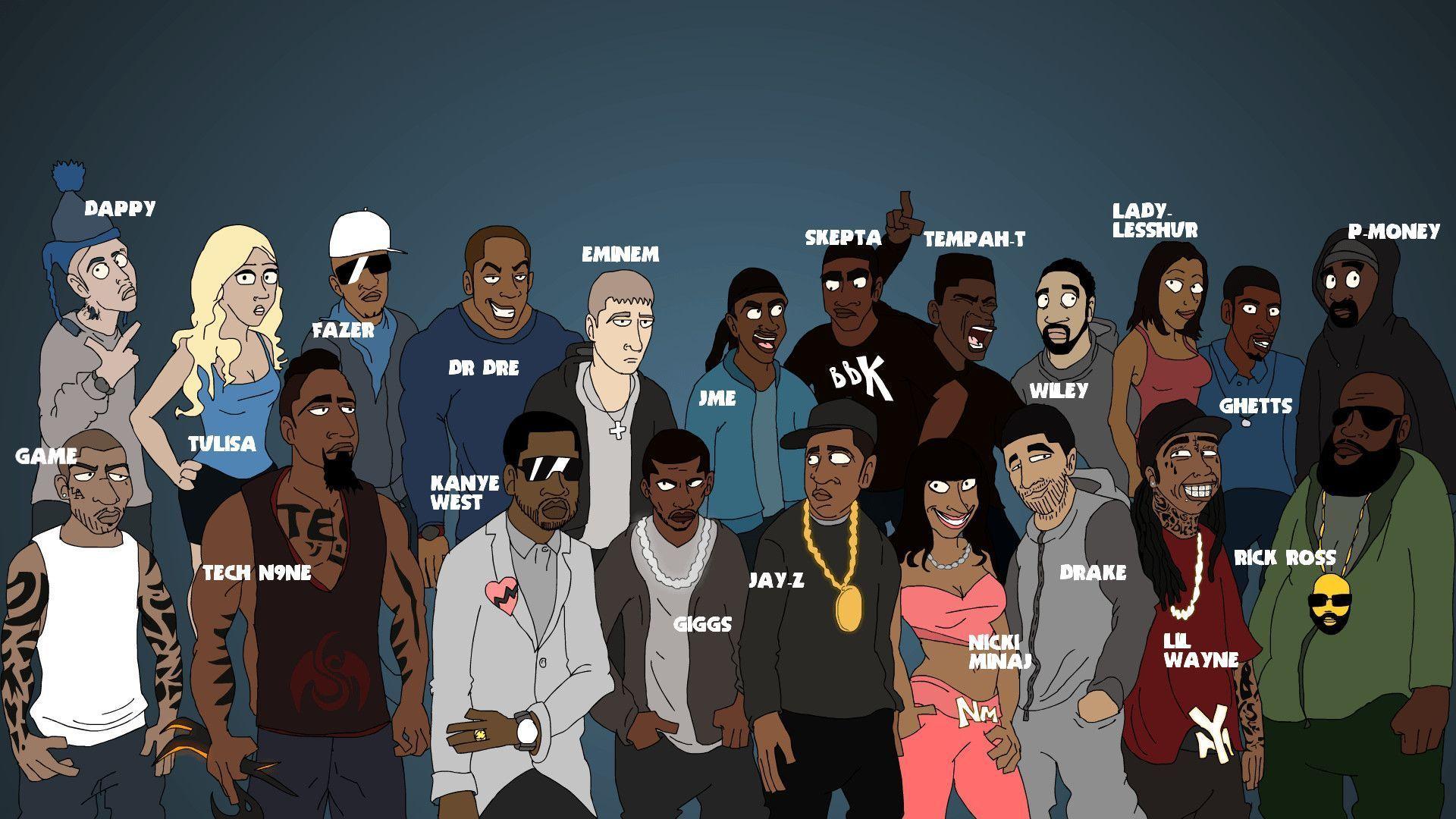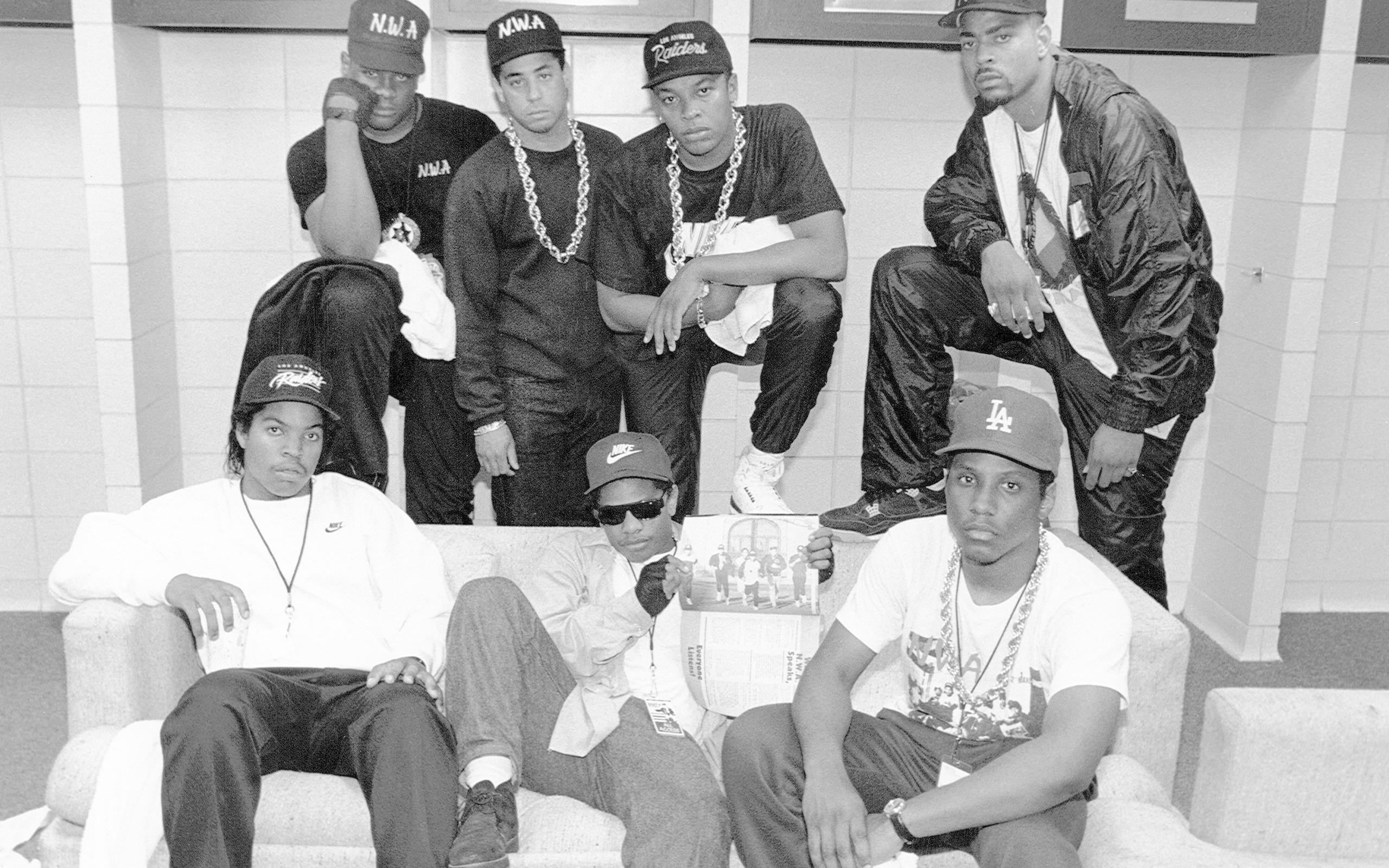The 1990s were a golden era for hip-hop, marking a transformative period when rap music became a global cultural phenomenon. During this time, 90s rappers emerged as lyrical geniuses, storytellers, and pioneers who broke down barriers and redefined music. Their influence extended far beyond the charts, impacting fashion, social movements, and even political discourse. From gritty street narratives to smooth party anthems, the 90s produced a diverse range of voices that shaped the identity of hip-hop as we know it today.
As the genre exploded in popularity, 90s rappers like Tupac Shakur, The Notorious B.I.G., Nas, and Missy Elliott became household names, each carving out their unique artistic lanes. They weren’t just entertainers—they were visionaries. These artists used their platform to voice societal realities, celebrate cultural pride, and push creative boundaries. Whether through Tupac's heartfelt poetry, Biggie's captivating storytelling, or Missy Elliott's genre-defying innovation, the 90s were a time of boundless creativity and impact.
In this article, we’ll dive deep into the lives, careers, and contributions of some of the most iconic 90s rappers. From their humble beginnings to their lasting legacies, we’ll explore how they influenced not just hip-hop, but an entire generation. Whether you're a longtime fan or new to the genre, this comprehensive guide will give you a fresh perspective on the artists who made the 90s an unforgettable era for rap music.
Table of Contents
- Biography of 90s Rappers
- What Made 90s Rappers Unique?
- How Did 90s Rappers Influence Fashion?
- The East Coast vs. West Coast Hip-Hop Rivalry
- Women 90s Rappers Who Broke Barriers
- How Did 90s Rappers Impact Social Issues?
- 90s Rappers and the Rise of Hip-Hop Culture
- 90s Rappers Who Pioneered Lyrical Storytelling
- Who Were the Top 90s Rappers?
- 90s Rap Albums That Changed the Game
- How Did 90s Rappers Influence Modern Hip-Hop?
- Behind the Scenes of 90s Rap Producers
- 90s Rappers and Their Most Iconic Collaborations
- 90s Rappers vs. Modern Rappers
- Frequently Asked Questions About 90s Rappers
Biography of 90s Rappers
The 90s era saw a rise of legendary rappers whose influence is still felt in modern hip-hop. Each artist brought a unique style, personality, and perspective, creating a diverse musical landscape. Let’s take a closer look at some of these trailblazers.
Tupac Shakur
Born in 1971, Tupac Amaru Shakur, also known as 2Pac, was not just a rapper but a poet, actor, and activist. His music often reflected his struggles, aspirations, and deep-rooted beliefs in social justice.
| Full Name | Tupac Amaru Shakur |
|---|---|
| Born | June 16, 1971 |
| Died | September 13, 1996 |
| Notable Albums | "All Eyez on Me," "Me Against the World" |
| Signature Songs | "Changes," "California Love," "Dear Mama" |
The Notorious B.I.G.
Christopher Wallace, famously known as The Notorious B.I.G. or Biggie Smalls, rose to fame with his vivid storytelling and charismatic flow. Born in Brooklyn, New York, he became a cornerstone of East Coast hip-hop.
| Full Name | Christopher George Latore Wallace |
|---|---|
| Born | May 21, 1972 |
| Died | March 9, 1997 |
| Notable Albums | "Ready to Die," "Life After Death" |
| Signature Songs | "Juicy," "Big Poppa," "Hypnotize" |
Missy Elliott
Missy Elliott brought an entirely new dimension to the 90s hip-hop scene with her innovative beats, catchy hooks, and futuristic music videos. She was a pioneer for women in rap and remains an influential figure in the industry.
| Full Name | Melissa Arnette Elliott |
|---|---|
| Born | July 1, 1971 |
| Notable Albums | "Supa Dupa Fly," "Da Real World" |
| Signature Songs | "The Rain (Supa Dupa Fly)," "Hot Boyz," "Work It" |
What Made 90s Rappers Unique?
The 90s were more than just a decade; they were a revolution in hip-hop culture. So, what set 90s rappers apart from artists of other eras?
- Lyricism: The 90s placed a premium on lyrical ability, with artists focusing on storytelling, wordplay, and poetic expression.
- Diversity: From the gritty realism of East Coast rap to the laid-back vibes of West Coast hip-hop, the 90s showcased a broad spectrum of styles.
- Social Commentary: Many 90s rappers used their music to address pressing social issues such as poverty, racism, and violence.
- Innovation: Producers and artists experimented with new sounds, paving the way for sub-genres like G-funk and Southern rap.
How Did 90s Rappers Influence Fashion?
The influence of 90s rappers extended beyond music and into the world of fashion. They introduced iconic styles that are still referenced today.
- Baggy Clothing: Oversized jeans, hoodies, and t-shirts became staples of 90s hip-hop fashion.
- Bucket Hats and Kangol Caps: Accessories like bucket hats and Kangol caps were popularized by artists like LL Cool J.
- Gold Chains and Jewelry: Rappers like Tupac and Biggie made gold chains and medallions synonymous with hip-hop culture.
- Streetwear: Brands like FUBU, Karl Kani, and Cross Colours became emblematic of 90s hip-hop style.
You Might Also Like
Gabrielle Echols: A Rising Talent Redefining SuccessHailey Sigmond: Social Media Star And Rising Icon
Joel Smollett: A Life Of Inspiration And Family Strength
Dani Speagle: A Remarkable Talent And Rising Star In The Fitness World
Lexi2legit TW: Everything You Need To Know About The Rising Social Media Star
Article Recommendations

